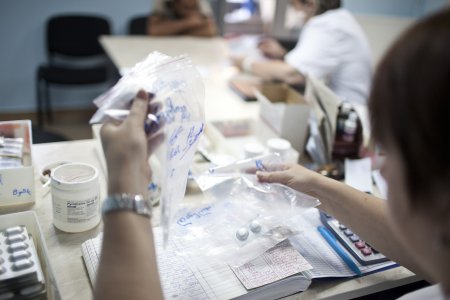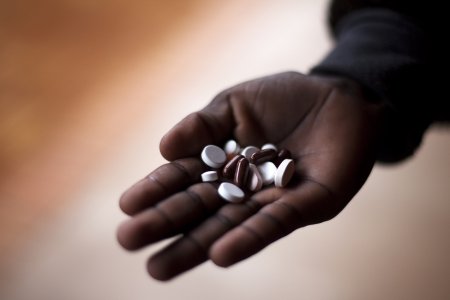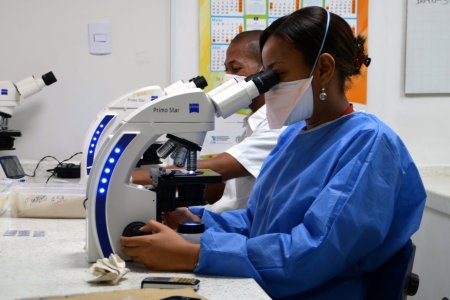
Clinical trials, between science and financial and academic interests
Pierre Chirac
On May 22, the Lancet published a peer-reviewed article based on an analysis of 96,000 Covid patient files, which concluded that hydroxychloroquine was ineffective. A few days later, researchers published a letter questioning the methodology and data used by the Surgisphere company to develop this conclusion, and on June 4, the Lancet withdrew the article from publication. This was the beginning of what some people call "Lancetgate", or the "Surgisphere Scandal".
Beyond the frenzy of scientific publications triggered by the Covid-19 outbreak (47,000 in three months!), this event highlighted the questionable reliability of clinical trials. In September 2009, the scientific journal PloS Medicine argued that most trials of new drugs, including those supposedly authored by academic physicians, are subject to frequent manipulation. The title of their editorial clearly indicates scorn: Ghostwriting: The Dirty Little Secret of Medical Publishing That Just Got Bigger, and the piece specifically outlines the influence and power of drug manufacturers in the clinical research process. Yet the poor quality studies published by French hospital doctors on hydroxychloroquine, even with no link to pharmaceutical companies, show that the problem goes far beyond that of trials financed by 'Big Pharma'.
Pierre Chirac, pharmacist and editor of the journal Prescrire, presented his analysis of the pharmaceutical industry's influence strategies and the special interests of university hospital researchers, their consequences on the reliability of drug information and the means now required to rectify a harmful situation.
To cite this content :
Pierre Chirac, “Clinical trials, between science and financial and academic interests”, 8 octobre 2020, URL : https://msf-crash.org/en/conferences-debates/clinical-trials-between-science-and-financial-and-academic-interests
If you would like to comment on this article, you can find us on social media or contact us here:
ContributePast events
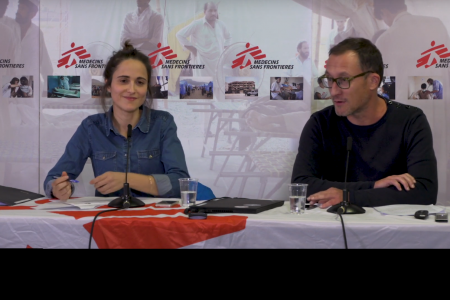 Conference
Conference
Motivations for mass violence: different interpretations
10/03/2019 - 06:00 PM 08:00 PMConference – debate, Thursday, 3 October 2019, 6-8pm, 1st floor meeting room at MSF, 8 rue Saint Sabin. Streaming and simultaneous translation into English available.
What turns ordinary men into killers? The CRASH team invited you to a conference – debate with the sociologist and historian, Nicolas Mariot, author of an article entitled « Faut-il être motivé pour tuer? Sur quelques explications aux violences de guerre » (Genèses, n°53, 2003, p. 154-177) and books such as “Face à la persécution. 991 Juifs dans la guerre" (with Claire Zalc, Paris, Odile Jacob, 2010), “Tous unis dans la tranchée ? 1914-1918, les intellectuels rencontrent le peuple" (Paris, Seuil, 2013). Nicolas Mariot presented two different interpretations of motivations for mass violence in the 20th century, drawn from a series of studies and surveys on the subject.
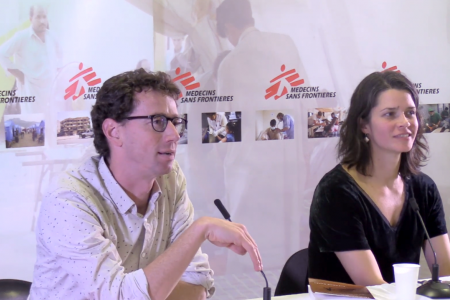 Conference
Conference
Third-Worldism and Sans-Frontiérisme 1954-1988
04/11/2019 - 06:30 PM 08:30 PMEleanor Davey, historian of ideas and humanitarianism, senior lecturer at the Humanitarian and Conflict Research Institute, University of Manchester, discusses her book, Idealism Beyond Borders. The French Revolutionary Left and the Rise of Humanitarianism, 1954-1988, devoted to the intellectual history of sans-frontiérisme and Third-Worldism, in France, from the Algerian war to the early years of Médecins Sans Frontières.
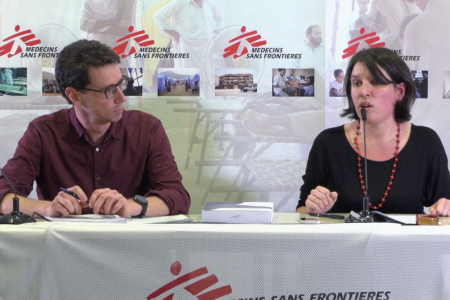 Conference
Conference
Healing foreigners in France: The State and the civil society organisations from the 80s to the 90s
12/17/2018 - 06:00 PM 08:00 PMThe CRASH team invited you to the debate-conference “Healing foreigners in France: The State and the civil society organisations from the 80s to the 90s” on Monday 17th of December 2018 from 6 to 8pm, in the 1rst floor room at the 8 rue Saint-Sabin. We hosted Caroline Izambert, who recently defended, at the EHESS, her PhD thesis focusing on the foreigners’ access to healthcare in France. Her title: “Heal foreigners?” The State and the civil society organisations for the health coverage of the poor and foreigners in France from the 1980s to the present day.
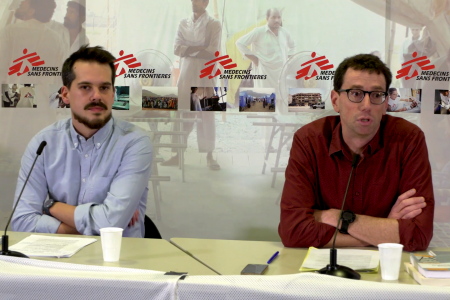 Conference
Conference
Borders and Hospitality
11/26/2018 - 06:00 PM 08:00 PMConference/debate with Benjamin Boudou, political scientist and researcher at the Max Planck institute.
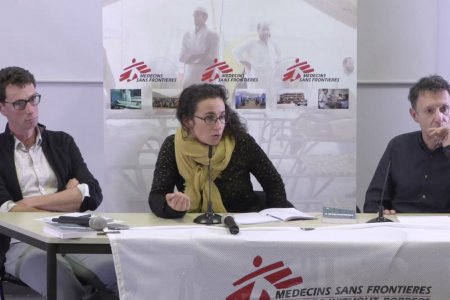 MSF-Crash
Conference
MSF-Crash
Conference
Immunization: new perspectives on vaccines - Conference with Lise Barnéoud
12/05/2017 - 06:00 PM 08:00 PMWho profits from vaccination? Individuals? Society? Companies? Is vaccination efficient? Is it dangerous? Profitable? What are the factors influencing public opinion in this domain? Lise Barnéoud, science journalist and author of Immunisés ? Un nouveau regard sur les vaccins, has engaged in an investigation revealing multiple - and sometimes contradictory - realities observed in the French vaccination sector. She has carried out her investigation from three distinct viewpoints: the one of a mother who needs to decide whether to vaccinate her children or not; of a journalist leading an enquiry; and of a scientist analyzing how facts are built.
Lise Barnéoud was a Crash guest speaker at a conference on vaccination held on December 5, 2017. A discussion with Epicentre, Crash and the MSF Medical Department allowed us to exchange views on vaccinal policy, which remains a cornerstone of MSF operations and a recurring subject of discussion and controversy.
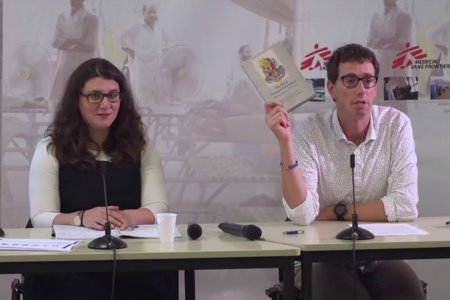 MSF
Conference
MSF
Conference
Humanitarian anthropology : conference with Sharon Abramowitz
10/23/2017 - 06:00 PM 08:00 PMSharon Abramowitz is an anthropologist and a visiting researcher at the Department of Anthropology at Rutgers University, co-editor of recently published Medical humanitarianism. Ethnographies of practice. She has devoted much of her work to responding to epidemics - most recently in Ebola, and in West Africa, Liberia in particular.
During the conference organized by MSF-Crash on 23 October 2017, she discussed the contribution of medical anthropology to humanitarian action as well as her latest book and most recent projects.

